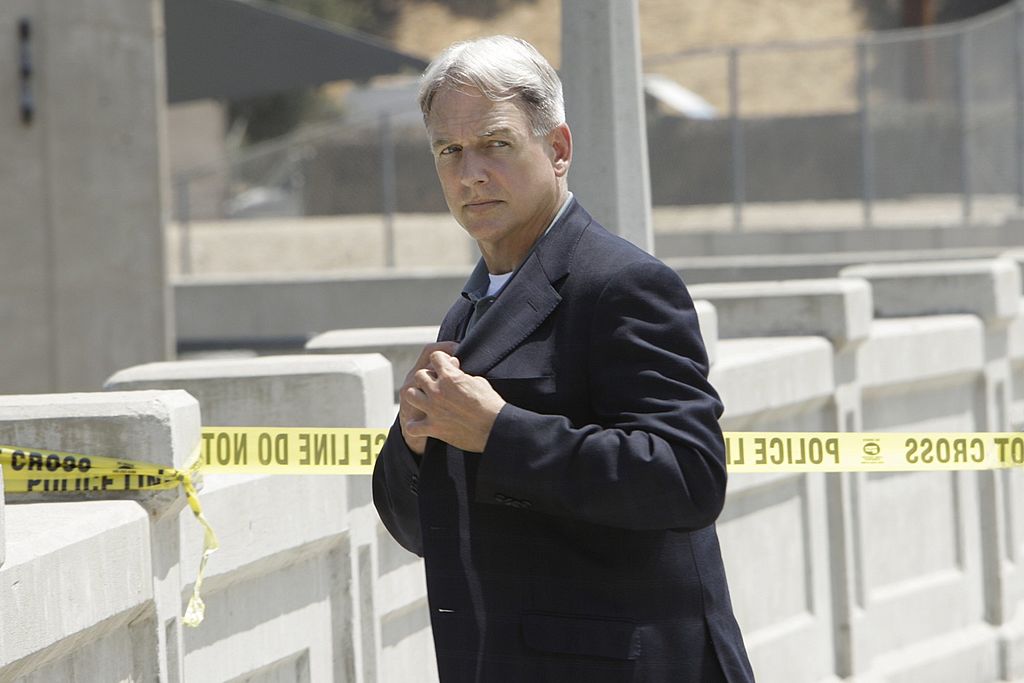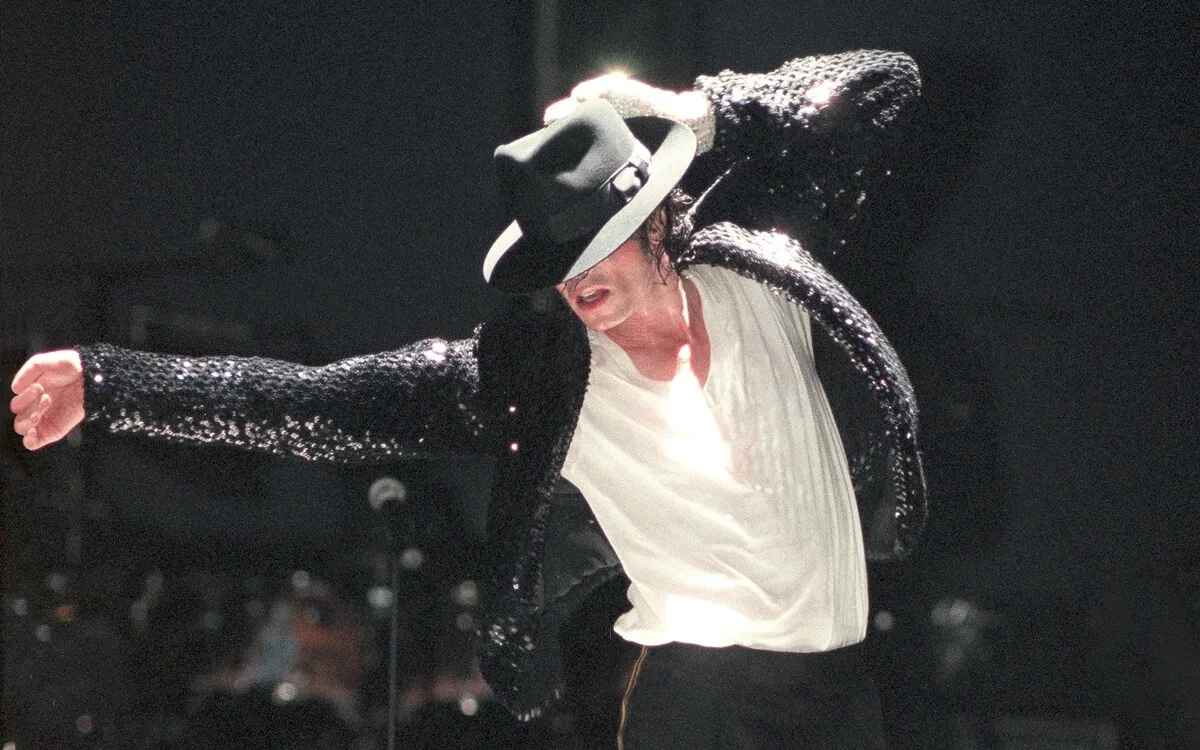‘NCIS’ Fans Explain the Most Misunderstood Gibbs Rule
NCIS has been on the air since 2003 — premiering as a Jag spin-off, yet outliving and outperforming its predecessor by unforeseen margins — the show has grabbed and maintained an audience spanning the globe (appealing to diverse demographics). Now, in its seventeenth season, fans are intimately familiar with the man who has been at the center since the start: Agent Leroy Jethro Gibbs (Mark Harmon).

With each season that passes, we are reminded of the man’s famous “rules.” From “never let suspects sit together” and “never screw over your partner” to “never take anything for granted” and “never go anywhere without a knife,” several of his rules revolve around what not to do. In other words, if you do this, you’re going to be in trouble; you should already know the right thing to do.
One of Gibbs’ most famous rules has always bothered some fans, as it seems a little unnecessarily harsh; however, could it be that some are interpreting the rule incorrectly? Could they be failing to acknowledge the unspoken intricacies existing in the subtext?
Inside Gibbs rule #6: ‘Never say you’re sorry’
When it comes to rule number 6 — never say you’re sorry — many NCIS fans feel that it is an unrealistic rule, as well as one that seems harmful to successful co-worker dynamics and/or friendship. Fans took to Reddit to discuss rule number 6. One fan asked:
So Gibbs thinks apology is a sign of weakness.
Can anyone tell me why he thinks it that way?…
I read that mostly that people say it’s a sign of strength, but I personally don’t know what to think.
Reddit User
Does Gibbs see apologizing as a sign of weakness, or does he feel apologies should be reserved, rather than wasted? Do people apologize too regularly, weakening their positions or minimizing their apologies? One fan responded:
I don’t think the rule is as straightforward as “don’t apologize for anything.” It’s more like when it is time to say sorry, you better mean it, and then it’s not weak. So when Gibbs apologizes for something, whoever he’s apologizing to knows he actually means it.
Reddit User
Many fans chimed in, noting that when you choose to apologize, it should mean something. Don’t simply apologize because it seems like the easiest thing to do. Rather, apologize when you have made a mistake and must fess up to it. One fan went on to explain that the rule also implies that actions speak louder than words. The fan stated:
…Its mostly for his coworkers and subordinates and basically is like your actions and correcting your behavior is more important to me than an apology.
Reddit User
When it comes down to it, many fans who deeply understand Gibbs believe that this rule is not a sign of arrogance; they know that Gibbs does not believe apologizing is weak. Gibbs believes apologies should be used sparingly (and with a clear purpose) and that a change in behavior will go further than a simple-to-utter “I’m sorry.”


